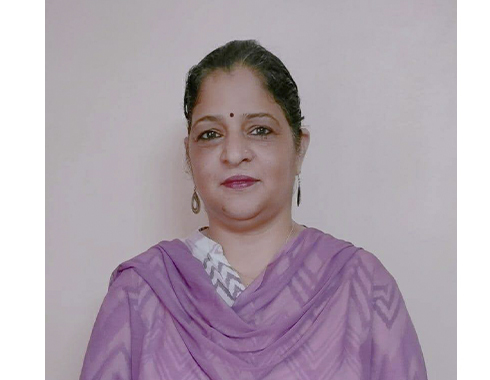
As I look back on my journey of over 18 years in the teaching profession, I am worried by how much has changed in the world of education. When I first began, my primary concern as a teacher was straightforward: if a student wasn’t performing well, I would ask, “What is the problem with the student?” The focus was almost entirely on the individual learner’s abilities, behaviours, and efforts. We would consider academic interventions, study techniques, and perhaps the need for extra tutoring. It was a time where the student’s success or failure was viewed largely as a matter of personal capacity and dedication.
But as the years have passed, my perspective, along with the broader educational philosophy, has shifted dramatically. Today, when a child struggles academically, our first question is not about their abilities but about their circumstances. We ask, “What is happening in this child’s life? What is their situation at home? How much is the influence of social media on child? How is the family atmosphere?” These questions have become central to understanding a student’s academic performance because we have come to realize that learning is deeply intertwined with the social and emotional environment of the child.
This shift is particularly profound for me as a sociology teacher. Sociology, after all, is the study of society and the complex relationships within it. I have observed with growing concern the increasing number of children coming from homes that are not only unstable but emotionally broken. These children often carry burdens that are too heavy for their young shoulders, and these burdens inevitably affect their ability to focus, engage, and succeed in school.
It is, frankly, terrifying to contemplate where we are headed as a society when so many children are growing up in such environments. What kind of future will these children shape for our country if their formative years are damaged by instability, neglect, or even abuse?
It is high time for all of us—educators, parents, policymakers, and community members—to realize the gravity of the situation and to work together for the benefit of society. We must advocate for stronger support systems for families, greater mental health resources in schools, and policies that address the root causes of family instability. We need to create environments where every child, regardless of their home situation, has the opportunity to thrive. This is not just about improving academic outcomes; it is about shaping a better future for our society. After all, the success of our society depends on the well-being of its youngest members.
Ms. Neeraj Khurana
PGT Sociology